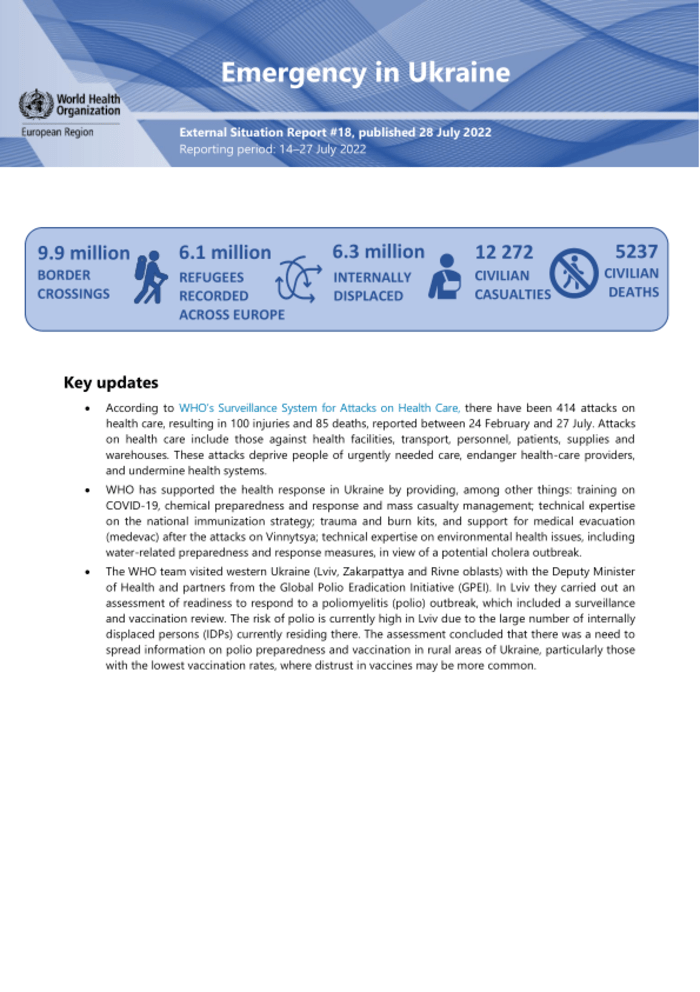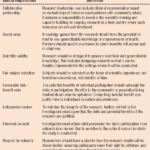
Emergency medicine has come a long way since the first ambulance service was established in Cincinnati, Ohio in 1865. Today, the field of emergency medicine is constantly evolving with new technologies and treatments that are saving lives every day. In 2023, emergency medicine has reached new heights, but there are still challenges that need to be addressed in order to provide the best care possible for patients worldwide. This article will explore the advancements and challenges in emergency medicine, international emergency care, and trauma management.
Advancements in Emergency Medicine

Telemedicine
Telemedicine has been around for some time, but with the advancements in technology, it has become an essential part of emergency medicine. In 2023, telemedicine has revolutionized how emergency medicine is practiced, especially in rural areas or places where access to medical facilities is limited. With telemedicine, doctors can remotely diagnose and treat patients, reducing the need for physical travel to the hospital. The use of telemedicine has saved countless lives by providing immediate care to patients who require immediate attention.
Personalized Medicine
Personalized medicine has been gaining popularity in recent years, and emergency medicine is no exception. In 2023, personalized medicine has become a standard practice in emergency medicine. With the use of genetic testing and other advanced diagnostic tools, doctors can tailor treatments to individual patients, resulting in more effective treatments and better patient outcomes.
Wearable Technology
Wearable technology has been on the rise in recent years, and in 2023, it has become a critical tool in emergency medicine. With wearable devices such as smartwatches, doctors can monitor patients’ vital signs, track their location, and provide immediate care if necessary. Wearable technology has made emergency medicine more efficient, allowing doctors to respond quickly to emergencies and save more lives.
Challenges of Emergency Medicine

Lack of Resources
Despite the advancements in emergency medicine, there is still a lack of resources in many parts of the world. In developing countries, access to medical facilities and trained personnel is limited, leading to inadequate care for patients. To address this issue, international emergency care has become more critical than ever, with organizations like Doctors Without Borders providing emergency medical care to those in need worldwide.
COVID-19 Pandemic
The COVID-19 pandemic has presented unprecedented challenges to emergency medicine in 2023. The virus has overwhelmed healthcare systems, leading to shortages of critical supplies, including personal protective equipment (PPE). The pandemic has also resulted in an increase in mental health emergencies, necessitating additional resources to address the surge. Despite these challenges, the emergency medicine community has risen to the occasion, adapting quickly to provide quality care to patients while keeping themselves safe.
Violence and Trauma
Violence and trauma continue to be significant challenges in emergency medicine, especially in areas affected by conflict or natural disasters. The management of trauma requires specialized training and resources, which may not be available in some regions. Emergency responders face danger every day as they struggle to provide care in hazardous conditions. The continued efforts to improve trauma management will require a collective effort from governments, non-governmental organizations, and the private sector.
FAQs

Q1: What is international emergency care?
International emergency care involves providing emergency medical care to people outside of their home country. This type of care is often provided by organizations such as Doctors Without Borders, who offer assistance to those in need worldwide.
Q2: How has telemedicine changed emergency medicine?
Telemedicine has revolutionized how emergency medicine is practiced, especially in rural areas or places where access to medical facilities is limited. With telemedicine, doctors can remotely diagnose and treat patients, reducing the need for physical travel to the hospital.
Q3: What is personalized medicine, and how is it used in emergency medicine?
Personalized medicine involves tailoring treatments to individual patients based on their genetic makeup and other factors. In emergency medicine, personalized medicine allows doctors to provide more effective treatments and better patient outcomes.
Q4: What challenges does the COVID-19 pandemic present to emergency medicine?
The COVID-19 pandemic has presented unprecedented challenges to emergency medicine, including shortages of critical supplies such as personal protective equipment (PPE) and an increase in mental health emergencies.
Q5: How can we improve trauma management in emergency medicine?
Improving trauma management will require a collective effort from governments, non-governmental organizations, and the private sector to provide specialized training and resources to those who need it most.
Conclusion

Emergency medicine has come a long way since its inception, but there is still much work to be done. The advancements in telemedicine, personalized medicine, and wearable technology have revolutionized how emergency medicine is practiced. However, challenges such as lack of resources, the COVID-19 pandemic, and violence and trauma continue to present significant obstacles. By addressing these challenges collectively, we can continue to improve emergency medicine and provide the best care possible for patients worldwidein 2023 and beyond. As we look to the future, it is clear that emergency medicine will continue to evolve and adapt to meet new challenges.
One thing is certain: emergency medicine will always be essential in providing critical care to those in need. Emergency responders, doctors, nurses, and other healthcare professionals play a vital role in saving lives and providing comfort to patients during their most vulnerable moments.
In conclusion, emergency medicine has made significant advancements in 2023, but there are still challenges that need to be addressed. By working together, we can continue to improve emergency medicine and save more lives worldwide.



